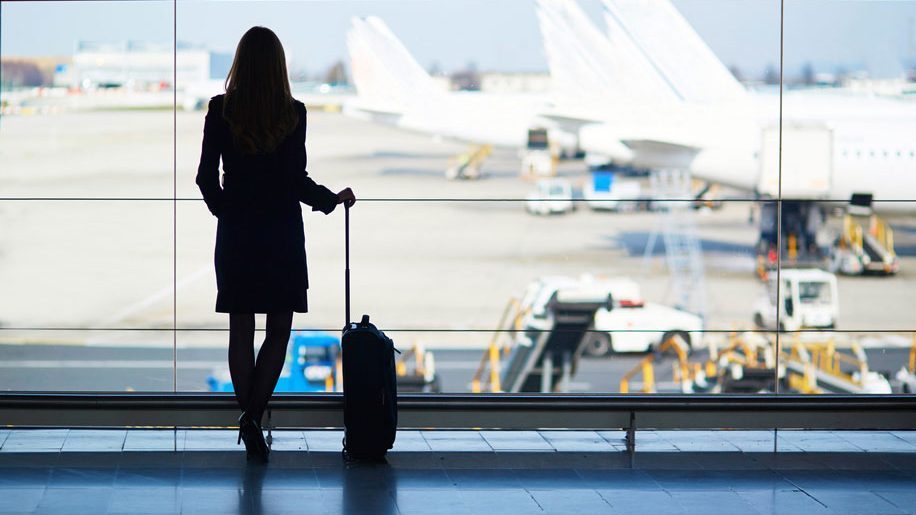
The Global Business Travel Association (GBTA) has released its annual BTI Outlook, which predicts that business travel will fully recover by 2024 – a year earlier than originally predicted.
The 13th edition of the forecast revealed that business travel recovery in 2021 “proceeded at a slower, more cautionary pace” than expected a year ago, but added that global business travel spending is set to surge in 2022.
Global business travel activity has begun its recovery from the Covid-19 pandemic. After having declined 53.8 per cent in 2020 to US$661 billion, global expenditures are expected to have rebounded 14 per cent in 2021 to US$754 billion.
Despite recovery setbacks in 2021, a year-over-year surge of 38 per cent is expected in 2022, bringing global business travel spending back to over US$1 trillion. The recovery is set to continue into 2023, with global spending rising 23 per cent year-over-year as international and group travel picks up.
It is predicted that global business travel will make a full recovery by 2024, ending the year at US$1.48 trillion or “just above the 2019 pre-pandemic spend of US$1.4 trillion”. The growth is expected to slow to 4.3 per cent in 2025, ending the year at a forecasted US$1.5 trillion.
Suzanne Neufang, CEO for GBTA, commented:
“Of any year we’ve issued the BTI Outlook forecast, this one was the most anticipated and it’s no surprise.
“The business travel industry recognizes there are factors, related to COVID-19 and beyond, that could impact the road ahead over the coming years. However, there is optimism overall as the industry, companies and travelers worldwide lean into recovery and the much-needed return to business travel.”
The GBTA notes that there are still challenges for continued on-target recovery such as “Covid-related threats and disruptions, supply chain strains, labour shortages, rising inflation, increased costs, and lagging recovery in Asian markets”. Additionally, this does not take into account the potential impacts of emerging factors such as remote working, elimination of business trips and travel volume, and the increased focus on sustainable policies for business travel.
In terms of recovery by region, North America (in particular the US) led the recovery, rebounding 27 per cent in 2021, while markets in Latin America, Middle East and Africa, and Asia-Pacific all picked up 15-20 per cent growth this year.
Europe, however, lagged behind, gaining 10 per cent this year. Business travel expenditures in Western Europe for 2021 are expected to fall 3.8 per cent from 2020 levels. This is due to “early year underperformance” but the GBTA says that recent demand “is set to outpace most other parts of the world” if there are no Covid-related setbacks.
The report also included insights from 400 global business travellers. 86 per cent report that they need to travel to accomplish their business goals, while 81 per cent believe that their volume of domestic business travel will be greater or equal in 2022 than it was prior to the pandemic.
Four in five (81 per cent) of business travellers say that their company requires vaccines for travel and in-person meetings. Additionally, over half (54 per cent) miss travelling and hope to travel more in the future.
Looking ahead, global GDP growth is set to reach 5.8 per cent for 2021, and 4.2 per cent in 2022, though downward revisions may be necessary if challenges arise.
The BTI Outlook laid out four conditions necessary for the full recovery of business travel:
- The global vaccination effort
- National travel policy
- Business traveller sentiment
- Corporate travel management policy
The GBTA said that recovery is “highly dependent on the global vaccine rollout, employees’ return to the office and a normalisation of travel policies on both the corporate and national levels”.












